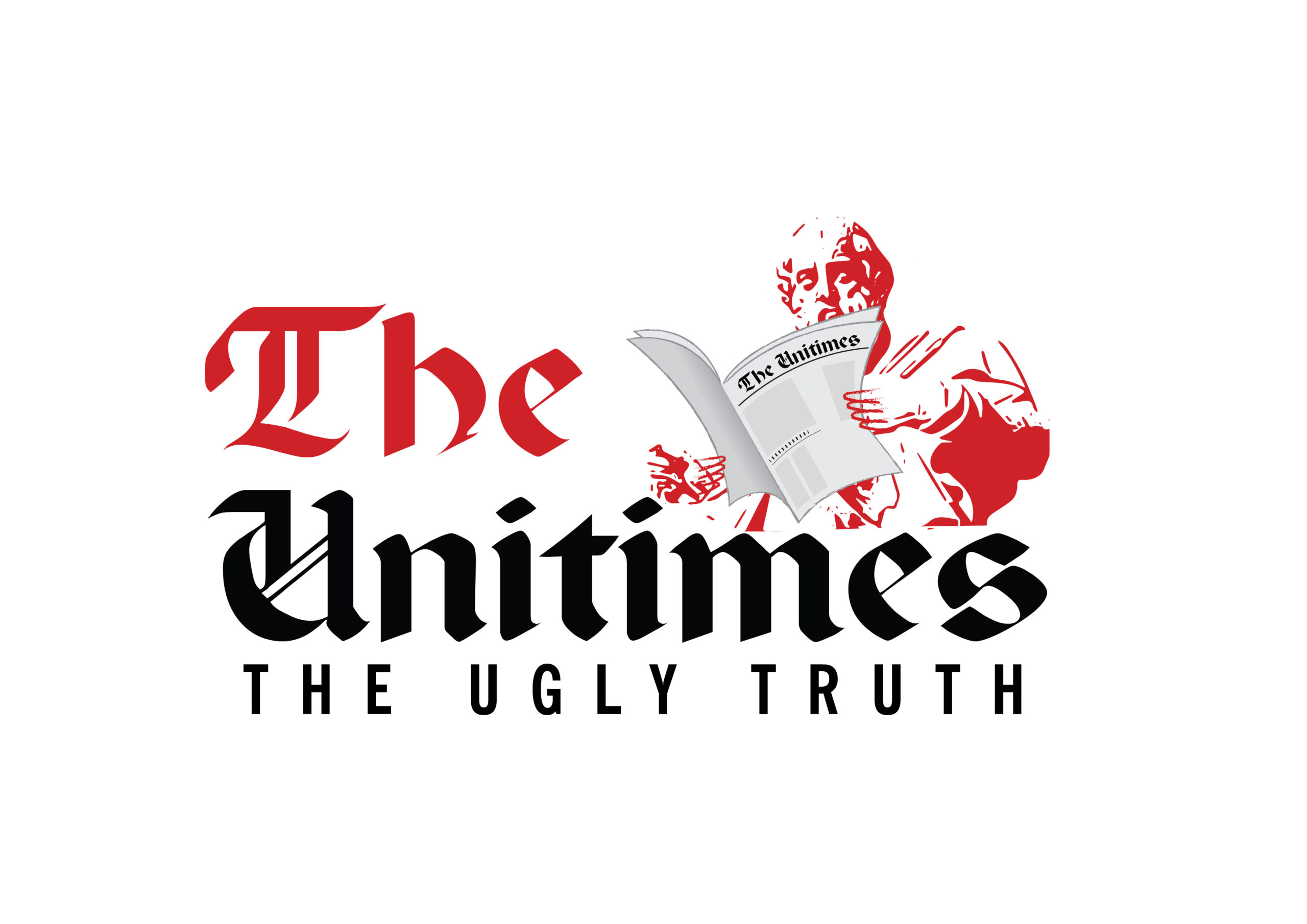|
The United Kingdom government has announced a range of measures to protect students and universities from the impact of the coronavirus pandemic – but immediately faced criticism for failing to plug a funding gap of billions of pounds left by the loss of domestic and international tuition fees.
The government’s measures also impose a cap on the number of British and European Union students that each university can enrol in the next academic year based on their forecasts for the next academic year, plus an additional 5%. The government will control these numbers through the student finance system. The government will also have the discretion to allocate an additional 10,000 places, with 5,000 ring-fenced for nursing, midwifery or allied health courses to support the country’s vital public services. Instead of bailing out universities, the package will bring forward £2.6 billion (US$3.2 billion) in tuition fees that universities would have received at the start of the next academic year, plus an additional £100 million in research funding. Announcing the plans on 4 May, Education Secretary Gavin Williamson said: “We are committed to supporting our world-class universities and students through this unprecedented challenging time. So we are putting measures in place to help protect students and staff from the impact of coronavirus.” Funding for research Science Minister Amanda Solloway announced that £100 million of public funding will be brought forward to this academic year to help protect university research activities. The government has also confirmed that providers are eligible to apply for its support packages, including business loan support schemes, which the Office for Students or OfS – the regulator in England – estimates could be worth at least £700 million to the sector, depending on eligibility and take-up. Providers can also access the Coronavirus Job Retention Scheme to safeguard staff jobs, but the government is stressing that any grant from the scheme should not duplicate other sources of public funding where these are being maintained, such as UK home student tuition fees. Universities Minister Michelle Donelan said: “Universities have an integral part to play in our economy, society and culture, which is highlighted now more than ever through their important role in the fight against the virus. “That is why we are introducing a package of measures to boost support for students, stabilise the admissions system and ease pressures on universities’ finances.” Solloway said the £100 million being brought forward for research “will provide immediate help to ensure the excellent research taking place in our universities continues throughout this period of uncertainty”. The proposal on intakes was put forward by the sector itself, with Universities UK or UUK describing the package as “welcome recognition from government of the central role universities will play in the recovery of the economy and communities and the urgent need to provide support for universities to weather the severe financial storm created by COVID-19”. “It is clear the government has listened to the concerns raised and has drawn from the suggestions that the sector has made.” However, UUK also said that universities would want to ensure further support is provided to “protect the strength, capacity and quality of the research base and ensure the sector is positioned to support economic and social recovery through research and innovation”. Dr Tim Bradshaw, chief executive of the Russell Group, comprising 24 leading research universities, warned of a “big remaining challenge” to address the financial sustainability of research. “Universities face significant shortfalls in international students and other sources of income that we need to underpin vital work that otherwise goes under-funded,” he said. Financial pain Jo Grady, general secretary of the University and College Union or UCU, warned that the package “does not deliver the protection or stability that students, staff and the communities they serve so desperately need. The Office for Budget Responsibility says universities are most at risk of financial pain from the current crisis and they need more than IOUs to solve the problems they face.” She said the cap on student numbers “is a misnomer as it will enable the wealthiest universities to substantially grow their domestic student base at the expense of other more locally-focussed institutions. We cannot afford to let this dog-eat-dog approach risk substantial damage both to our country’s academic capacity and local economies which universities are such an important part of. “Instead of kicking the can down the road, the government must underwrite funding lost from a fall in domestic and international student numbers and remove incentives for universities to compete against each other at a time when we need to be pulling together,” she said. A report published in April by London Economics for UCU highlighted a £2.5 billion loss of income from tuition fees and teaching grants. It showed that the universities hit hardest by the falls in fee and grant income are those that cater for significant numbers of international students. It warned that the difficulties those universities face will also have severe knock-on effects for the rest of the sector. The report predicted a 24% drop in first-year enrolment on average per higher education institution as students defer the start of their studies due to the uncertainty caused by the pandemic. This includes a 47% drop in EU students and a 47% drop in non-EU international students enrolling. On average universities would lose £20 million in income each, but in universities most reliant on international students the loss would be £42 million each. A report by the Office for Budget Responsibility said that universities would be the sector hardest hit by the coronavirus crisis. But it did not take account of other income losses, such as accommodation or conferencing. UUK modelling shows that the risks to fee income from international (non-EU and EU) students total £6.9 billion across the UK higher education sector. Nick Hillman, director of the Higher Education Policy Institute, said the package delivers much of what the higher education sector called for without over-exposing taxpayers. But he warned that the package does not obviate the need for tough decisions. Παύλος Ελένης |
Tags:Παυλος Ελένης
Leave a reply







